Rutger Bregman
description: a Dutch historian and author, known for books like 'Utopia for Realists' that explore progressive ideas such as a universal basic income
33 results
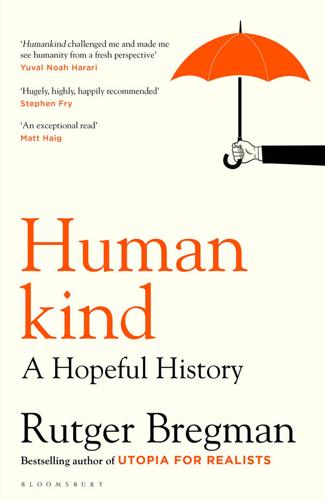
Humankind: A Hopeful History
by Rutger Bregman · 1 Jun 2020 · 578pp · 131,346 words
praise for Humankind ‘An extraordinarily powerful declaration of faith in the innate goodness and natural decency of human beings. Never dewy-eyed, wistful or naive, Rutger Bregman makes a wholly robust and convincing case for believing – despite so much apparent evidence to the contrary – that we are not the savage, irredeemably greedy
…
in human affairs – and we’re in one right now! – comes in tandem with a new understanding of what we mean by the word “human”. Rutger Bregman has succeeded in reawakening that conversation by articulating a kinder view of humanity (with better science behind it). This book gives us some real hope
…
, more importantly, heart-expanding. We have never needed this message more than now’ Johann Hari, author of Lost Connections ‘Rutger Bregman’s extraordinary new book is a revelation’ Susan Cain, author of Quiet ‘Rutger Bregman is one of my favourite thinkers. His latest book challenges our basic assumptions about human nature in a way
…
that humans are inherently nasty and selfish, and paints a portrait of human nature that’s not only more uplifting – it’s also more accurate. Rutger Bregman is one of the most provocative thinkers of our time’ Adam Grant, author of Give and Take ‘Put aside your newspaper for a little while
…
‘I know of no more powerful or carefully documented rejoinder to Machiavelli’s observation that “men never do anything good except out of necessity” than Rutger Bregman’s book. His reassessment of human nature is as faithful to the actual evidence as it is uplifting’ Sarah Blaffer Hrdy, author of Mothers and
…
an in-depth overview of what is wrong with the idea that we humans are by nature bad and unreliable. In vivid descriptions and stories, Rutger Bregman takes us back to the questionable experiments that fed this idea and offers us a more optimistic view of mankind’ Frans de Waal, author of
…
. Read it and buy copies for all of your most cynical friends’ Peter Gray, author of Free to Learn HUMANKIND To my parents ALSO BY RUTGER BREGMAN Utopia for Realists CONTENTS Prologue 1. A New Realism 2. The Real Lord of the Flies PART 1 THE STATE OF NATURE 3. The Rise
…
(1993), p. 233. 22Christina Starmans, Mark Sheskin and Paul Bloom, ‘Why People Prefer Unequal Societies’, Nature Human Behaviour, Vol. 1, Issue 4 (2017). 23See also Rutger Bregman and Jesse Frederik, ‘Waarom vuilnismannen meer verdienen dan bankiers’, De Correspondent (2015). 24The best-known advocate of this theory is Yuval Noah Harari, in his
…
Stay’, Guardian (8 June 2015). 31Quoted in Jeremy Rozansky and Josh Lerner, ‘The Political Science of James Q. Wilson’, The New Atlantis (Spring 2012). 32See Rutger Bregman, Met de kennis van toen. Actuele problemen in het licht van de geschiedenis (Amsterdam, 2012), pp. 238–45. 33Anthony A. Braga, Brandon C. Welsh and
…
Zimbardo, Philip, here, here, here, here, here, here, here, here, here, here, here, here, here Zobrist, Jean-François, here, here A NOTE ON THE AUTHOR Rutger Bregman is one of Europe’s most prominent young historians. Utopia for Realists was a Sunday Times and New York Times bestseller and has been translated
…
the Netherlands as De Meeste Mensen Deugen by De Correspondent First published in Great Britain 2020 This electronic edition published 2020 Copyright © Rutger Bregman, 2020 Translation © Elizabeth Manton and Erica Moore Rutger Bregman has asserted his right under the Copyright, Designs and Patents Act, 1988, to be identified as Author of this work All
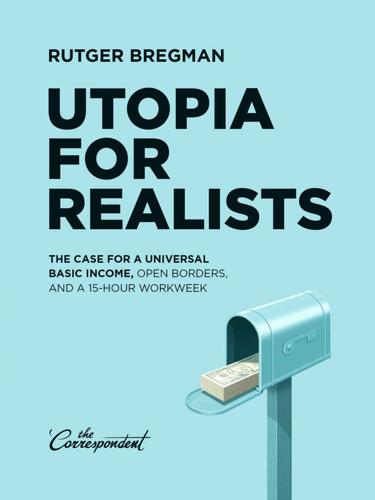
Utopia for Realists: The Case for a Universal Basic Income, Open Borders, and a 15-Hour Workweek
by Rutger Bregman · 13 Sep 2014 · 235pp · 62,862 words
, the world will start to become a better place.” – Richard Wilkinson, co-author of The Spirit Level: Why More Equal Societies Almost Always Do Better “Rutger Bregman makes a compelling case for Universal Basic Income with a wealth of data and rooted in a keen understanding of the political and intellectual history
…
-author of Inventing the Future: Postcapitalism and a World Without Work “The impact of this book in the Netherlands has been huge. Not only did Rutger Bregman launch a highly successful and long-running debate in the media, he also inspired a movement across the country that is putting his ideas into
…
it’s time for the rest of the world.” – Joris Luyendijk, bestselling author of Swimming with Sharks: My Journey into the World of the Bankers “Rutger Bregman writes with an exceptional voice. He shows both deep knowledge of the history and technical aspects of Basic Income and the ability to discuss it
…
West, 1900-1914 and A Wicked Company. The Forgotten Radicalism of the European Enlightenment “If energy, enthusiasm and aphorism could make the world better, then Rutger Bregman’s book would do it. Even in translation from the Dutch, the writing is powerful and fluent… a boisterously good read.” – The Independent Utopia for
…
America 2014 Annual Meeting. https://www.researchgate.net/publication/255698124_Merging_Separate_Spheres_The_Role_of_Policy_in_Promoting_’Dual-Earner_Dual-Carer’_Households 46. Rutger Bregman, ‘Zo krijg je mannen achter het aanrecht,’ De Correspondent. https://decorrespondent.nl/685/Zo-krijg-je-mannen-achter-het-aanrecht/26334825-a492b4c6 47. Niels Ebdrup
…
country. But this does not detract from the fact that economic growth fairly quickly ceases to impact on average national life expectancy. 19. Quoted in: Rutger Bregman, “99 problemen, 1 oorzaak,” De Correspondent. https://decorrespondent.nl/388/99-problemen-1oorzaak/14916660-5a5eee06 20. Also see: Brian Nolan et al., Changing Inequalities and
…
without, for the simple reason that she was usually right. For any faulty logic, awkward phrases, and unachievable illusions that remain, I take full responsibility. Rutger Bregman April 2016 Thank you for reading this book! Utopia for Realists originated on The Correspondent, your antidote to the daily news grind, where journalists serve
…
tell one another. Having garnered attention from Forbes, Fortune, The Guardian, and CNN, we now translate select pieces into English. Want to read more by Rutger Bregman and our other correspondents? Sign up for our free weekly newsletter at thecorrespondent.com Milou Klein Lankhorst and Ernst-Jan Pfauth Publishers of The Correspondent
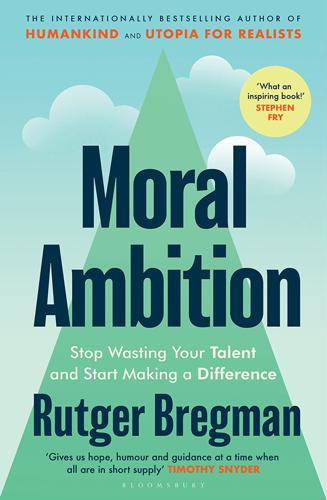
Moral Ambition: Stop Wasting Your Talent and Start Making a Difference
by Bregman, Rutger · 9 Mar 2025 · 181pp · 72,663 words
Praise for Moral Ambition ‘A terrific read. There are so many things in here that made me think, “Yes, exactly!” With Moral Ambition, Rutger Bregman has pulled off something remarkable: a lively and entertaining read that is full of important wisdom about some of life’s most important questions. I
…
‘A refreshing antidote to both cynical fatalism and naive idealism. If you’re willing to trade a life of comfort for a life of meaning, Rutger Bregman is your guide and this book is your map’ Daniel H. Pink, bestselling author of The Power of Regret, Drive and When ‘Another barnstorming, transformative
…
told will bring us happiness, and to think instead about satisfying that part of us that can make a difference to the world. And as Rutger Bregman brilliantly demonstrates, that, in the end, is where our true happiness and fulfilment is most likely to be found’ Stephen Fry ‘Fresh, lucid and persuasive
…
must read’ David Allen, bestselling author of Getting Things Done ‘Do you want to read a book about the most important decisions of your life? Rutger Bregman has produced that book and you should read it’ Tyler Cowen ‘A fierce and brilliant call to arms for anyone who has been wondering whether
…
Stewart, bestselling author of Politics On the Edge ‘This book is the wakeup call that our world sorely needs. With his signature clarity and conviction, Rutger Bregman boldly and brilliantly challenges us to hold ourselves to higher standards – and do more for others. Moral Ambition is the rare read that might actually
…
help you become a better person’ Adam Grant, bestselling author of Think Again ‘Rutger Bregman challenges the reader to use their lives to improve the world. A bracing but ultimately uplifting wake-up call for a culture increasingly drowning in
…
distraction and consumption!’ Cal Newport, bestselling author of Slow Productivity and Deep Work ‘Rutger Bregman’s latest work isn’t merely a book; it’s a call to action for humanity to re-evaluate our paradigms of success and impact
…
‘A beautiful and courageous book about one of the most important questions each of us will face: what will we do with our one life? Rutger Bregman calls for a seismic norm shift in how those of us with the privilege to consider our career choices think about where we put our
…
’ Daron Acemoglu, Institute Professor, MIT and Nobel Prize laureate ‘There are many things to admire about this book. Just one of them is the way Rutger Bregman’s inspiring array of dedicated people who changed the world around them spans continents and centuries. Meeting them all, some of whom I had not
…
known before, gave me hope – at a moment when we need that’ Adam Hochschild, author of King Leopold’s Ghost ‘Rutger Bregman, reliable and articulate voice of pragmatic solidarity, is back with a book offering guidance for well-intended do-gooders like me. His advice on how
…
achievable goals and see them through to tangible success is heartening and has given me much energy and wisdom for the years ahead’ Abigail Disney ‘Rutger Bregman has become the voice in my head. A disruptive revolutionary armed with an actual, tangible plan. At last’ Jameela Jamil ‘Every now and then something
…
). Chapter 4 1 That was my suggestion as well – too simplistic, I’m afraid – in the final chapter of an earlier book of mine. See: Rutger Bregman, Utopia for Realists, Bloomsbury (2017). 2 Quoted in: Juan Williams, Eyes on the Prize: America’s Civil Rights Years, 1954–1965, Penguin Books (2002), p
…
(2 December 2020). 47 That’s from the Dutch title of an excellent book by Roanne van Voorst: Ooit aten we dieren (2019). See also: Rutger Bregman and Jesse Frederik, ‘Kijken we straks terug op het eten van dieren zoals we nu terugkijken op het verbranden van heksen?’, De Correspondent (27 March
…
here Worthy, Patricia here YouTube here Zhdanov, Viktor here–here, here, here Zika virus here Zorrilla, Andrés Jiménez here–here A Note on the Author Rutger Bregman, a historian and writer, is one of Europe’s most prominent young thinkers. His books Humankind and Utopia for Realists were both Sunday Times and
…
by De Correspondent (decorrespondent.nl/en) a member-funded journalism platform for independent voices First published in Great Britain 2025 Original copyright © Rutger Bregman 2024 English translation © Erica Moore 2025 Rutger Bregman and Erica Moore are identified as author and translator of this work in accordance with the Copyright, Designs and Patents Act 1988
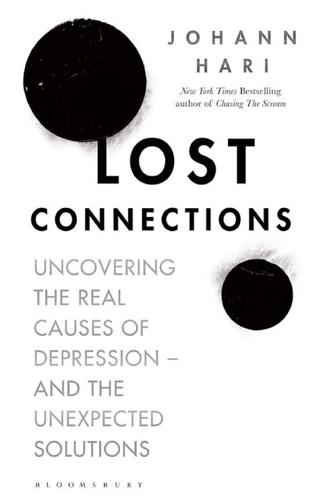
Lost Connections: Uncovering the Real Causes of Depression – and the Unexpected Solutions
by Johann Hari · 1 Jan 2018 · 428pp · 126,013 words
implications of this more, and to explore my own concerns and questions about it, so I went to see a brilliant Dutch economic historian named Rutger Bregman. He is the leading European champion of the idea of a universal basic income.4 We ate burgers and inhaled caffeinated drinks and ended up
…
On Libertarian Education (Toronto: Black Rose Books, 1999). One professor who has studied this Fleming, Mythology of Work, 35. Other shocking stats about this in Rutger Bregman, Utopia, For Realists (London: Bloomsbury, 2017), 41. “derealization” Matt Haig, Reasons to Stay Alive (London: Canongate, 2016), 157. people would come in with problems in
…
.3.283. I have also drawn on Nick Srnicek and Alex Williams, Inventing the Future: Postcapitalism and a World Without Work (London: Verso, 2015), and Rutger Bregman, Utopia for Realists: The Case for a Universal Basic Income, Open Borders, and a 15-hour Workweek (Netherlands: Correspondent Press, 2016). I have also drawn
…
community sample: the National Comorbidity Survey,” Am Psych Assoc 151, no. 7 (July 1994): 979–986. here are some of the key effects Evelyn discovered Rutger Bregman, Utopia for Realists: The Case for a Universal Basic Income, Open Borders, and a 15-hour Workweek (Netherlands: Correspondent Press, 2016), 63–4. He is
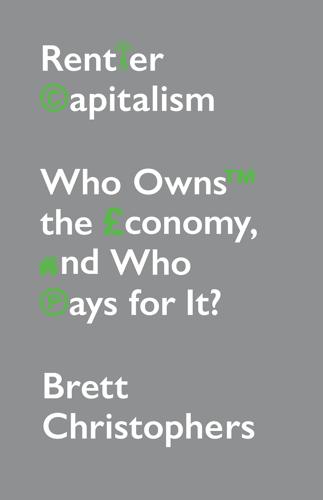
Rentier Capitalism: Who Owns the Economy, and Who Pays for It?
by Brett Christophers · 17 Nov 2020 · 614pp · 168,545 words
created elsewhere. This was very much Ricardo’s view, for example. Today, prominent Ricardians (at least on rent theory), wittingly or otherwise, include Mazzucato and Rutger Bregman, the latter of whom has written vividly of rentiers ‘sucking the rest of us dry’.12 Then there are those who give this parasite– host
…
nothing in the longer historical record to suggest that national growth prospects are likely to improve while the rentier’s grip remains vice-like. As Rutger Bregman has cautioned: ‘One thing is certain: countries where rentiers gain the upper hand gradually fall into decline. Just look at the Roman Empire. Or Venice
…
just say that the power of rentier capital is not evidently less cumulative and oppressive today than it was in Keynes’s era. Moreover, as Rutger Bregman has forcefully argued, rentierism is, ‘in essence, a question of power’: That the Sun King Louis XIV was able to exploit millions was purely because
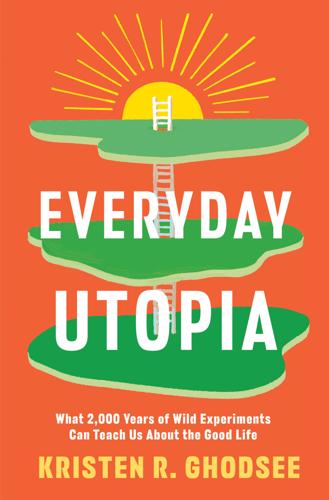
Everyday Utopia: What 2,000 Years of Wild Experiments Can Teach Us About the Good Life
by Kristen R. Ghodsee · 16 May 2023 · 302pp · 112,390 words
debated as real possibilities. The French economist Thomas Piketty has called for a progressive supranational wealth tax to combat income inequality.13 The Dutch journalist Rutger Bregman has promoted several utopian visions “for realists,” including open borders and a fifteen-hour workweek.14 In Abundance: The Future is Better Than You Think
…
risk, and frozen by the thought that things could get worse, the hardest step will be to give in to hope. As the Dutch historian Rutger Bregman observes, embracing a positive vision for the future usually means “weathering a storm of ridicule. You’ll be called naive. Obtuse. Any weakness in your
…
/fashion/14ecotopia.html. 12 Mannheim, Ideology and Utopia, 232–33. 13 Thomas Piketty, Capital in the 21st Century (Cambridge, MA: Harvard University Press, 2013). 14 Rutger Bregman, Utopia for Realists: How We can Build the Ideal World (New York: Little, Brown, 2017). 15 Wade Davis, “Keynote Speech: The Ethnosphere and the Academy
…
, Plantationocene, Chthulucene: Making Kin,” Environmental Humanities 6 (2015): 159–65. 44 Gerda Lerner, The Creation of Patriarchy. New York: Oxford University Press, 1986: 228. 45 Rutger Bregman, Humankind: A Hopeful History. New York: Little Brown, 2019. 46 Thomas Hardy, January 1, 1902, quoted in Florence Emily Hardy, The Life of Thomas Hardy
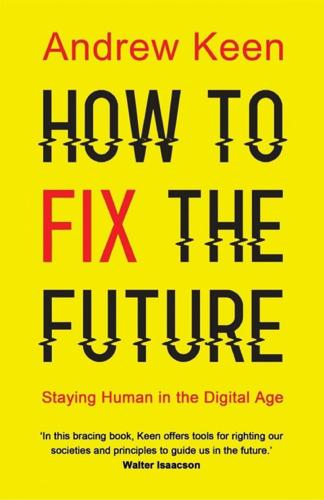
How to Fix the Future: Staying Human in the Digital Age
by Andrew Keen · 1 Mar 2018 · 308pp · 85,880 words
our industrial social security system. From Zurich I fly to Amsterdam to meet with another of Europe’s leading champions of the basic minimum income, Rutger Bregman. Originally from Utrecht, the Dutch city that is pioneering a 2017 scheme to pay its residents an unconditional monthly stipend, Bregman is the author of
…
to save the world is, to say the least, risky. And paying people to do nothing in an age of smart machines—as idealists like Rutger Bregman and the Union Square Ventures partner Albert Wenger want—is not going to automatically create a Marxian idyll of farmers, fishermen, hunters, and critics. In
…
, 2016). 8. John Thornhill, “A Universal Basic Income Is an Old Idea with Modern Appeal,” Financial Times, March 14, 2016. 9. More, Utopia, 51. 10. Rutger Bregman, Utopia for Realists: How We Can Build the Ideal World (Little Brown, 2017). 11. Martin Ford, Rise of the Robots: Technology and the Threat of
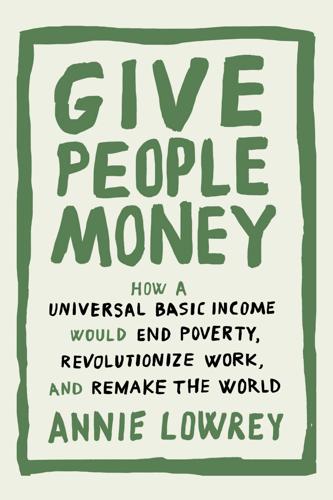
Give People Money
by Annie Lowrey · 10 Jul 2018 · 242pp · 73,728 words
of it. Yet others advocate for pairing a UBI with a radical program of open borders and a dramatically curtailed workweek, as the Dutch writer Rutger Bregman does in his book Utopia for Realists. Yet others see a UBI as a way to bridge the country to a postcapitalist world without work
…
“loss of his or her natural inheritance”: Thomas Paine, Agrarian Justice (1797), ebook, http://xroads.virginia.edu/~hyper/Paine/header.html. The British Speenhamland system: Rutger Bregman, Utopia for Realists: The Case for a Universal Basic Income, Open Borders, and a 15-Hour Workweek (Amsterdam: The Correspondent, 2016). “civilization” owed everyone a
…
Charles Murray: Charles Murray, In Our Hands: A Plan to Replace the Welfare State (Lanham, MD: Rowman & Littlefield, 2016). Andy Stern: Stern, Raising the Floor. Rutger Bregman: Rutger Bregman, Utopia for Realists: The Case for a Universal Basic Income, Open Borders, and a 15-Hour Workweek (Amsterdam: The Correspondent, 2016). Nick Srnicek and Alex
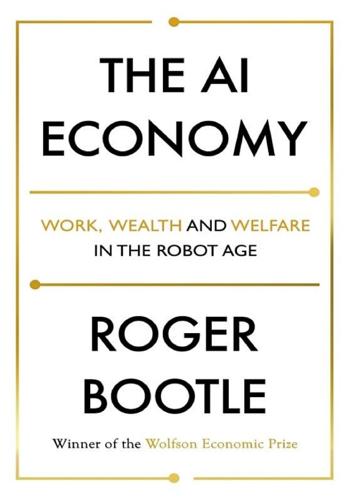
The AI Economy: Work, Wealth and Welfare in the Robot Age
by Roger Bootle · 4 Sep 2019 · 374pp · 111,284 words
be made to take up most of the week. And if that’s not enough there is always voluntary work. According to the Dutch historian Rutger Bregman, the countries with the shortest working weeks also have the largest numbers of volunteers and the most “social capital.”26 Yet there are many people
…
, the conventional wisdom is that over recent years the distribution of income and/or wealth has been becoming more unequal. According to the Dutch historian Rutger Bregman, in the USA, the gap between rich and poor is “already wider than it was in ancient Rome – an economy founded on slave labor.”4
…
. Other staunch opponents of the Speenhamland system included such eminent thinkers as Jeremy Bentham and Alexis de Tocqueville. According to the contemporary radical Dutch historian Rutger Bregman, however, all these thinkers condemned the Speenhamland system without examining the data. He says that such suffering as there was under the system was caused
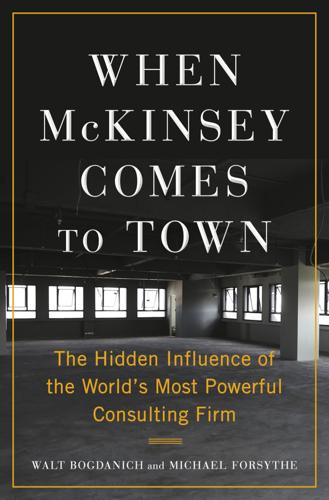
When McKinsey Comes to Town: The Hidden Influence of the World's Most Powerful Consulting Firm
by Walt Bogdanich and Michael Forsythe · 3 Oct 2022 · 689pp · 134,457 words
capable of transforming our world,” ExxonMobil gushes. Occasionally, a heretic slips in on the list of invitees. Such was the case with the Dutch historian Rutger Bregman, who famously skewered the Davos attendees in January 2019 for flying hundreds of carbon-dioxide-spewing private jets into an event “to hear David Attenborough
…
Aspen Ideas Festival,” press release, July 9, 2019. GO TO NOTE REFERENCE IN TEXT He quickly pivoted to the topic: “This Is Not Rocket Science: Rutger Bregman Tells Davos to Talk About Tax—Video,” Guardian, Jan. 29, 2019. The 2020 World Economic Forum at Davos took place before the global onset of
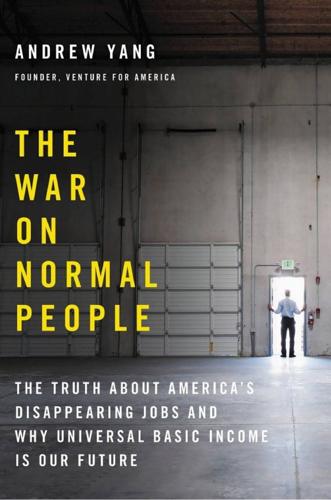
The War on Normal People: The Truth About America's Disappearing Jobs and Why Universal Basic Income Is Our Future
by Andrew Yang · 2 Apr 2018 · 300pp · 76,638 words
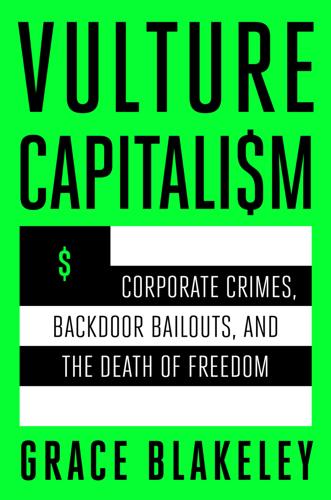
Vulture Capitalism: Corporate Crimes, Backdoor Bailouts, and the Death of Freedom
by Grace Blakeley · 11 Mar 2024 · 371pp · 137,268 words
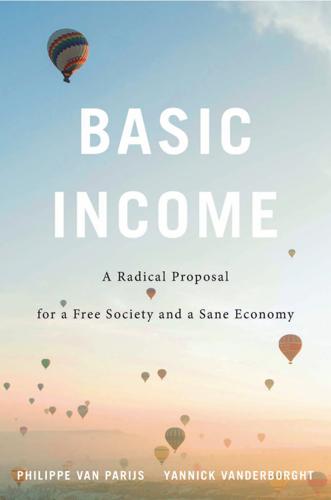
Basic Income: A Radical Proposal for a Free Society and a Sane Economy
by Philippe van Parijs and Yannick Vanderborght · 20 Mar 2017
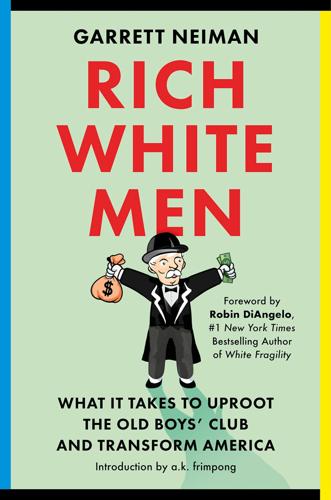
Rich White Men: What It Takes to Uproot the Old Boys' Club and Transform America
by Garrett Neiman · 19 Jun 2023 · 386pp · 112,064 words
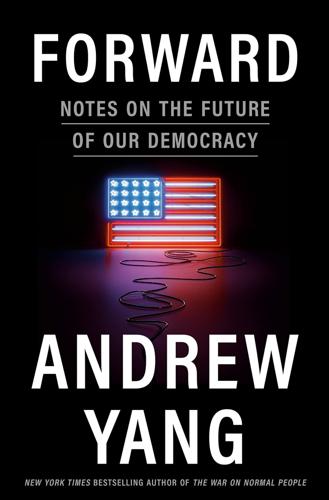
Forward: Notes on the Future of Our Democracy
by Andrew Yang · 15 Nov 2021
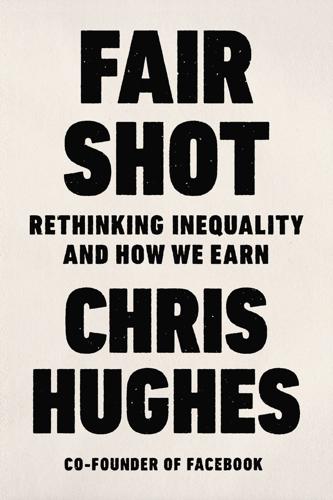
Fair Shot: Rethinking Inequality and How We Earn
by Chris Hughes · 20 Feb 2018 · 173pp · 53,564 words
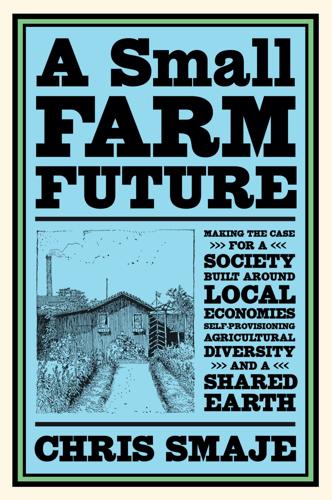
A Small Farm Future: Making the Case for a Society Built Around Local Economies, Self-Provisioning, Agricultural Diversity and a Shared Earth
by Chris Smaje · 14 Aug 2020 · 375pp · 105,586 words
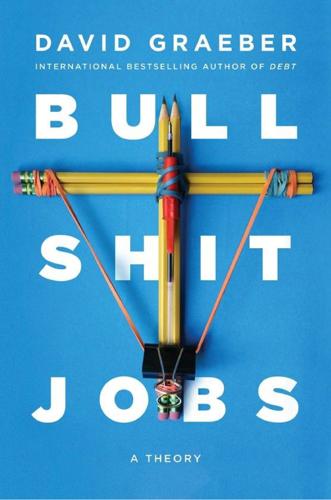
Bullshit Jobs: A Theory
by David Graeber · 14 May 2018 · 385pp · 123,168 words
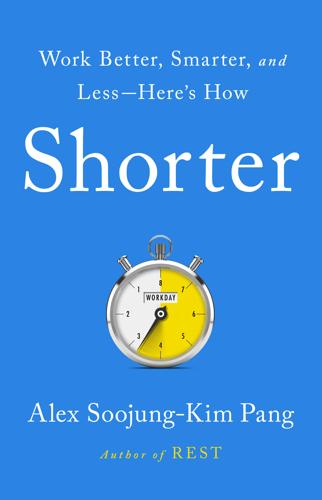
Shorter: Work Better, Smarter, and Less Here's How
by Alex Soojung-Kim Pang · 10 Mar 2020 · 257pp · 76,785 words
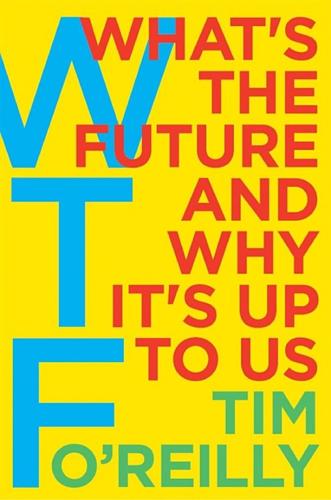
WTF?: What's the Future and Why It's Up to Us
by Tim O'Reilly · 9 Oct 2017 · 561pp · 157,589 words
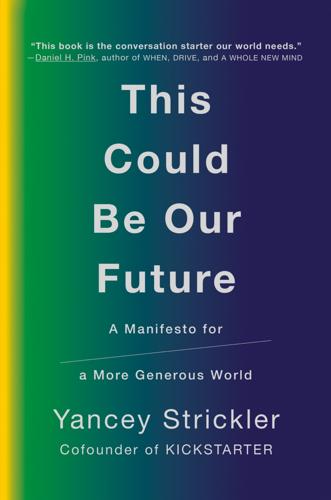
This Could Be Our Future: A Manifesto for a More Generous World
by Yancey Strickler · 29 Oct 2019 · 254pp · 61,387 words
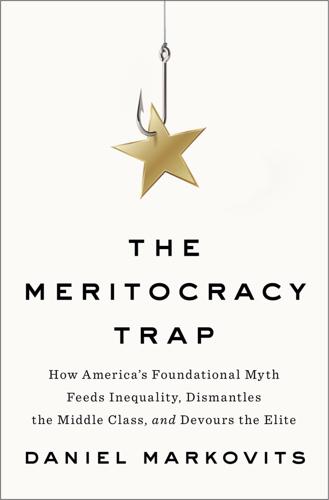
The Meritocracy Trap: How America's Foundational Myth Feeds Inequality, Dismantles the Middle Class, and Devours the Elite
by Daniel Markovits · 14 Sep 2019 · 976pp · 235,576 words

Tenants: The People on the Frontline of Britain's Housing Emergency
by Vicky Spratt · 18 May 2022 · 371pp · 122,273 words
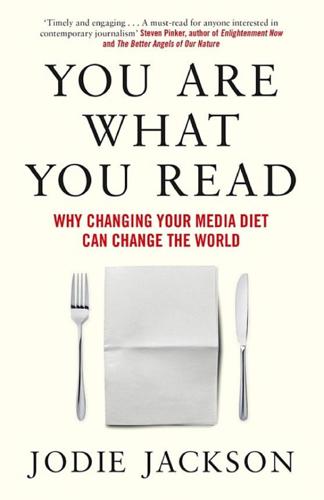
You Are What You Read
by Jodie Jackson · 3 Apr 2019 · 145pp · 41,453 words

Radical Technologies: The Design of Everyday Life
by Adam Greenfield · 29 May 2017 · 410pp · 119,823 words
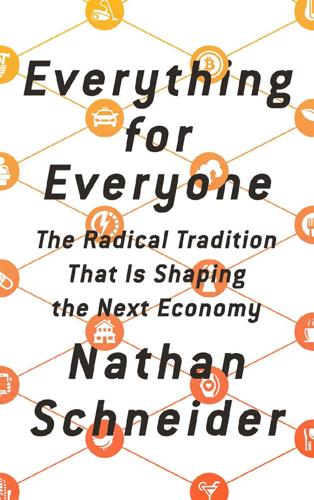
Everything for Everyone: The Radical Tradition That Is Shaping the Next Economy
by Nathan Schneider · 10 Sep 2018 · 326pp · 91,559 words
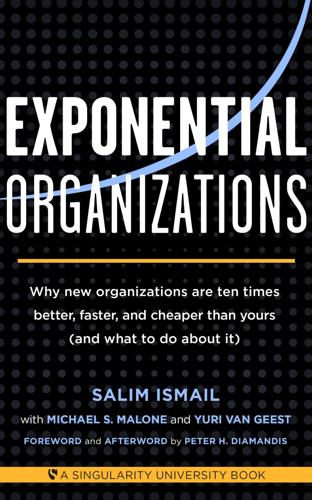
Exponential Organizations: Why New Organizations Are Ten Times Better, Faster, and Cheaper Than Yours (And What to Do About It)
by Salim Ismail and Yuri van Geest · 17 Oct 2014 · 292pp · 85,151 words
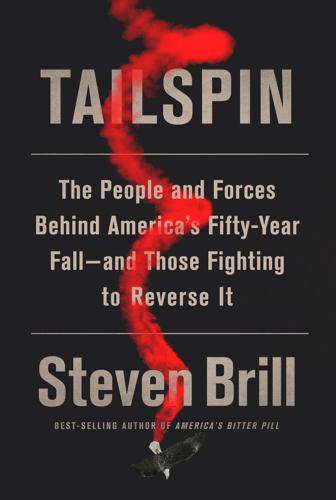
Tailspin: The People and Forces Behind America's Fifty-Year Fall--And Those Fighting to Reverse It
by Steven Brill · 28 May 2018 · 519pp · 155,332 words
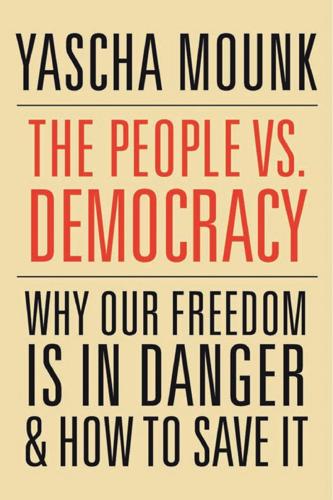
The People vs. Democracy: Why Our Freedom Is in Danger and How to Save It
by Yascha Mounk · 15 Feb 2018 · 497pp · 123,778 words
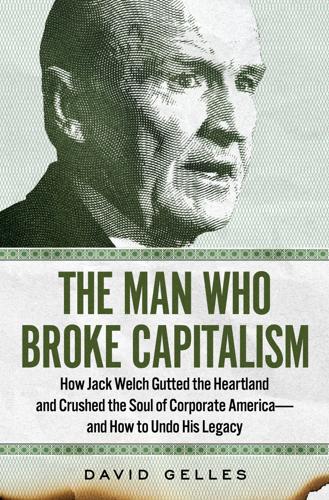
The Man Who Broke Capitalism: How Jack Welch Gutted the Heartland and Crushed the Soul of Corporate America—and How to Undo His Legacy
by David Gelles · 30 May 2022 · 318pp · 91,957 words

12 Bytes: How We Got Here. Where We Might Go Next
by Jeanette Winterson · 15 Mar 2021 · 256pp · 73,068 words
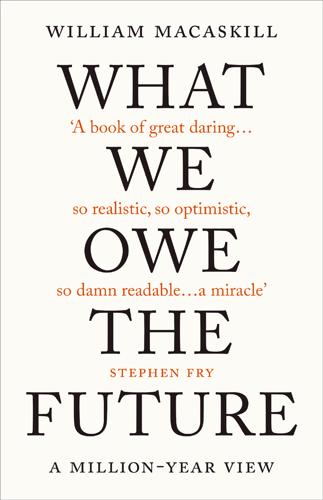
What We Owe the Future: A Million-Year View
by William MacAskill · 31 Aug 2022 · 451pp · 125,201 words
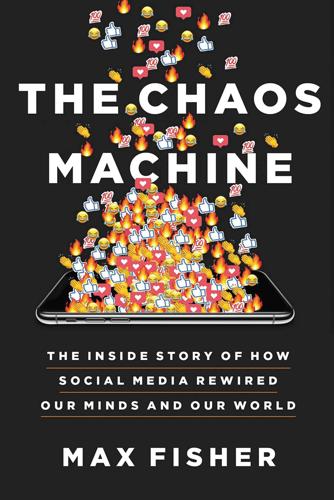
The Chaos Machine: The Inside Story of How Social Media Rewired Our Minds and Our World
by Max Fisher · 5 Sep 2022 · 439pp · 131,081 words